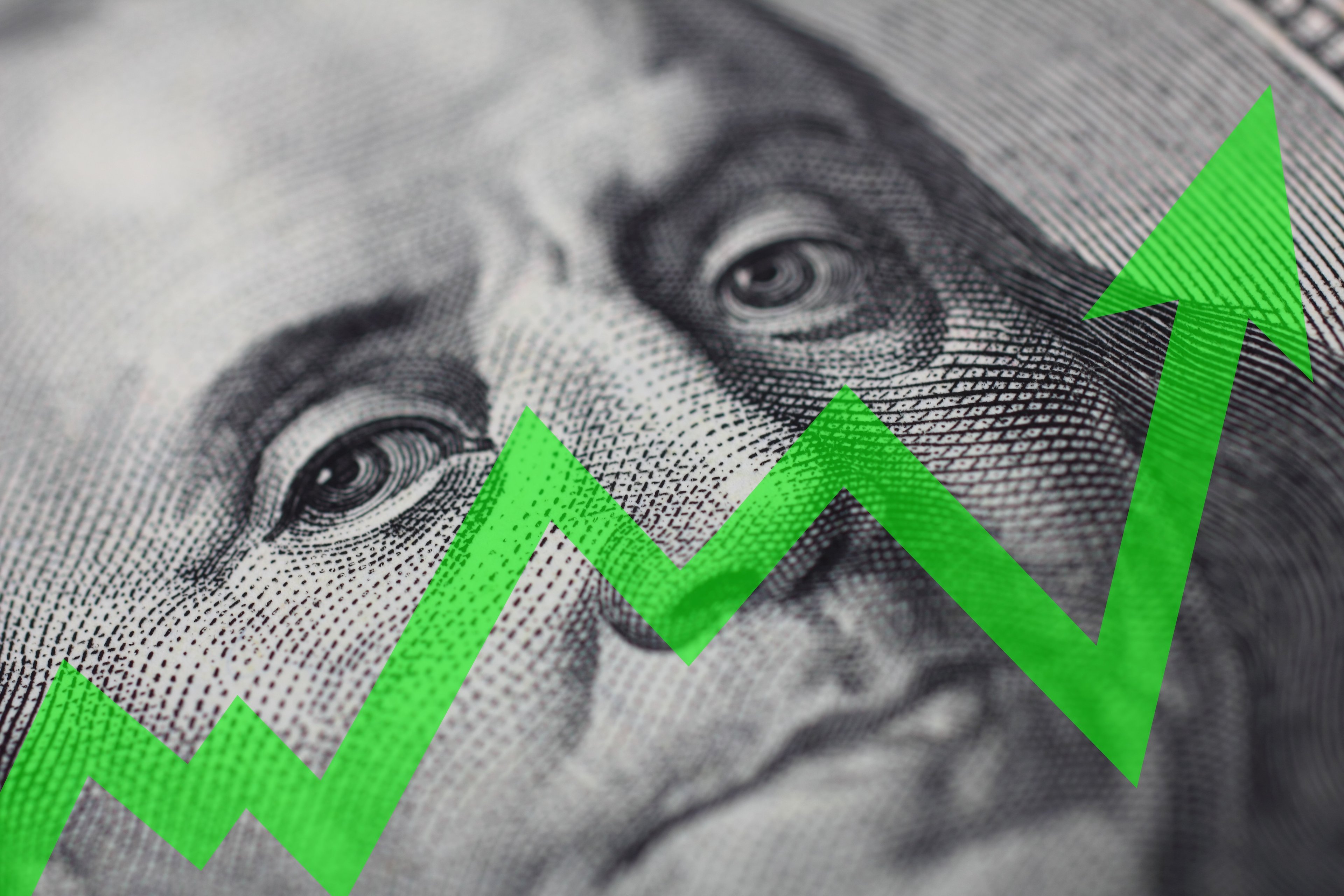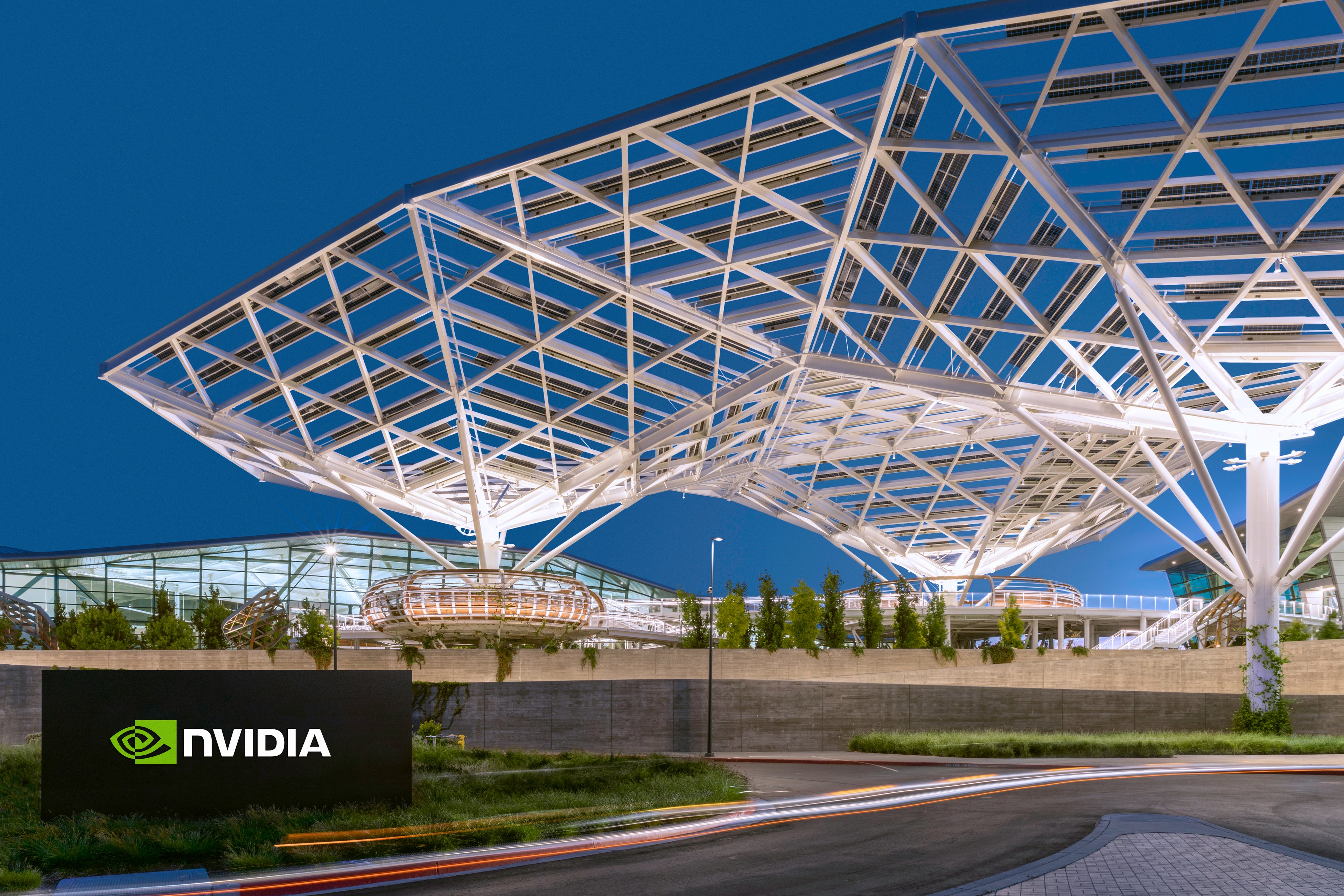Nvidia (NVDA +1.60%) CEO Jensen Huang also happens to be the founder of the company, launching it back in 1993 -- He's stuck with Nvidia through thick and thin, guided the company into a leading position in the world of artificial intelligence (AI), and now is preparing Nvidia to lead in the next growth stages of the AI boom. So, it's clear he's a big believer in the company's potential.
You may imagine that in this context, Huang might be buying shares of the company right now, especially considering they trade at a lower valuation than they did just a few months ago. Or, you may expect Huang to stay put, holding onto his Nvidia shares forever. But this CEO is doing neither. Instead, he recently revealed plans to sell 6 million Nvidia shares, which at today's price represents about $810 million. The stock has soared 1,400% over the past five years, making it a winner for investors who held on for the long term.
This might prompt you to ask a couple of questions: Is this a sign of trouble ahead and share performance that may dip? Should you follow Huang and sell too (or avoid Nvidia if you haven't bought the shares yet)? Let's find out.

Image source: Getty Images.
Nvidia is "off to the races"
As mentioned, Huang has played a key role in Nvidia's success over the long term, and his statements in recent times suggest he's optimistic about what's ahead. For example, in the recent earnings call, he said Nvidia is "off to the races," a sign that the company is in the early stages of its AI growth story. Nvidia has reported many quarters of double- and triple-digit revenue growth, and this trend continued in the first quarter of this fiscal year. On top of this, Nvidia continues to see soaring demand for its new Blackwell architecture -- and predicts the area of AI inference will be an enormous growth driver.
So, considering all of this, why would Huang sell shares? First, it's important to note that as of the close of the recent fiscal year, the CEO held more than 922 million Nvidia shares, representing just over 3.7% of the company, according to Nvidia's fiscal 2025 annual report. So the six million shares he aims to sell isn't a large portion of his entire holding.
Second, this sale isn't something recently decided for a particular reason -- instead, it's part of a regular plan that allows Nvidia insiders to periodically sell shares. It's done under a Rule 10b5-1 plan, with sales predetermined so that buying or selling activity isn't viewed as insider trading. The idea is insiders can buy or sell at a particular time, prepared ahead and when they don't have access to material non-public information.

NASDAQ: NVDA
Key Data Points
Locking in profit
Huang and other Nvidia executives have sold shares under these plans before, and generally, it's a way to lock in some profits from time to time -- and not a reflection of their views about the company's future. These executives, like the rest of us, have bills to pay or want to reallocate cash into other investments -- and those are just two examples of potential reasons to sell.
This latest agreement, adopted in March, expires on Dec. 31 of this year and allows Huang to sell six million shares.
Considering the nature of these plans, Huang's use of them before, and his messages about Nvidia's current path and future, it's clear this move is a routine one to benefit from the company's success so far -- and not a sign of a slowdown or loss of faith.
What does all of this mean for you as an Nvidia shareholder or potential shareholder? Huang's move isn't a buy or sell signal for the rest of us. If, like Huang, you own many Nvidia shares and have seen them soar over time, sure, you may want to follow in his footsteps and lock in some gains. But you might keep most of your holding because this stock likely has much more room to run, considering Nvidia's market leadership and general AI growth ahead.
And if you haven't yet bought Nvidia shares, it's not too late to get in on this exciting story. The stock, after its recent dip, is trading for 31 times forward earnings estimates, down from 50 earlier this year -- a reasonable price considering the company's long-term prospects.
All of this means that even though Huang is locking in some profit, he still believes in Nvidia's growth story -- and evidence shows that we should too.





